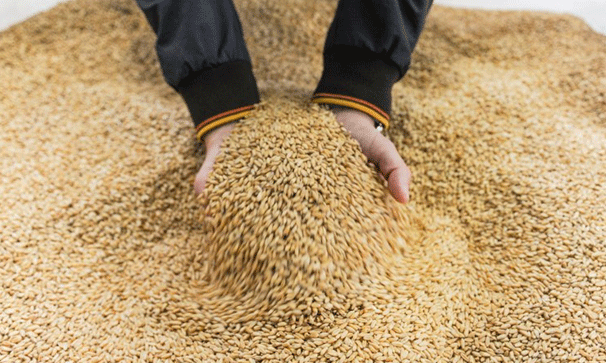Recently nationalized and under increased government scrutiny due to its past ownership’s alleged corruption ties, Makfa is adapting its procurement strategy. The company is set to purchase wheat classified as Grade 3, with tenders split between two lots: one for 1,000 tonnes at an initial bid of 13.16 million rubles and another for 500 tonnes valued at 6.5 million rubles. Kurgan region farmers have until November 14 to submit their auction bids.
Makfa’s facilities, located in regions including Chelyabinsk, Kurgan, and Moscow, represent vital infrastructure for Russia’s food production and agribusiness. The tender stipulates delivery to designated sites such as the Kuibyshev Street plant in Kurgan or the Kurgan railway station. This precision in logistical planning underscores the significance of the transaction for both Makfa and its agricultural partners.
The Impact on Regional Agriculture
Makfa’s move is poised to inject capital into Kurgan’s farming sector, benefiting local farmers who have faced challenges like fluctuating grain quality standards and evolving tender requirements. The financial infusion could stabilize or even boost grain production in the area, ensuring the continuity of supply chains despite disruptions caused by sanctions and geopolitical pressures.
However, the restructuring and governmental oversight following Makfa’s nationalization bring new complexities. The company has had to navigate asset control measures, borrowing limitations, and the threat of international sanctions impacting operational continuity and equipment maintenance. Such changes necessitate adapting business practices, which could impact the scale and consistency of future agricultural procurement.
Economic and Market Context
The Russian grain market has seen significant upheaval due to geopolitical events and trade sanctions. The government has emphasized food security, placing companies like Makfa at the forefront of supporting domestic agriculture. Nevertheless, the necessity of tender-based purchases and quality control concerns, particularly related to wheat vitreousness, remain sticking points for farmers, especially those who previously enjoyed more direct sales to Makfa.
Makfa’s grain procurement in the Kurgan region represents a strategic collaboration between nationalized agribusiness and local farmers. While the tender process ensures transparency and adherence to stringent standards, it also introduces challenges for suppliers accustomed to simpler arrangements. If managed well, this initiative could strengthen Kurgan’s agricultural economy, setting a precedent for future collaborations amid evolving market conditions.
Error




